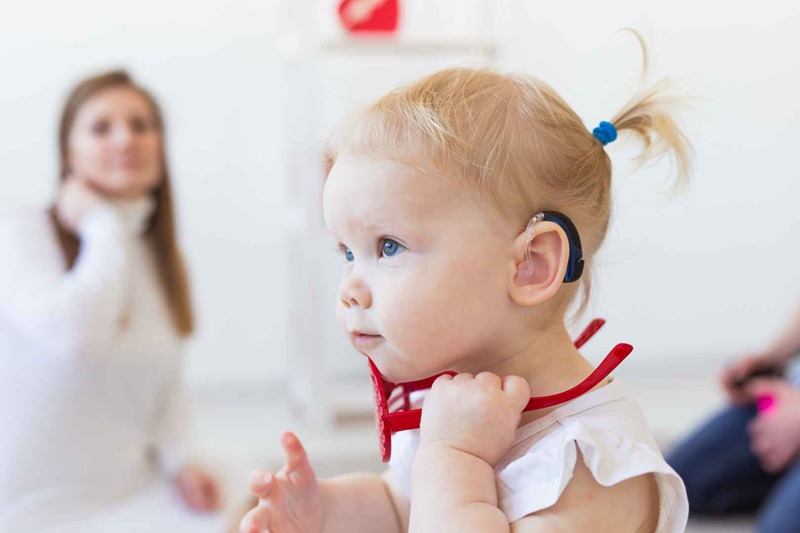-

Diabetes and Its Link to Hearing Loss, Tinnitus, and Balance Disorders
Diabetes, a chronic condition affecting over 37 million people in the United States, is linked to an increased risk of hearing loss, which is twice as common in individuals with diabetes compared to those without. High blood sugar levels can damage small blood vessels and nerves, including those in the ears, potentially leading to gradual hearing loss and tinnitus. The Centers for Disease Control (CDC) recommends that individuals with diabetes undergo a baseline hearing test at diagnosis and annu...
-

Does Hearing Loss Cause Dementia?
This article reviews the relationship between hearing loss and cognitive decline in older adults, highlighting findings from various studies that suggest a significant association between hearing impairment and increased risk of dementia, cognitive decline, and related neuropsychiatric symptoms. It discusses potential mechanisms linking these conditions, including sensory deprivation, social isolation, and shared genetic or biological factors. The article also explores the impact of interventions...
-

The Quest for a Hearing Loss Cure: A Progress Report on Drug and Gene Therapy Treatments
The article highlights recent advancements and ongoing research in the field of hearing loss treatment, with a focus on innovative approaches such as gene therapies, drug interventions, and auditory neuron restoration. Companies like Decibel Therapeutics, Fennec Pharmaceuticals, Rinri, and others are developing groundbreaking treatments targeting various causes of hearing loss, including chemotherapy-induced damage, genetic disorders, and neuron degeneration. These efforts aim to either prevent h...
-

The Impact of Hearing Loss on Social Engagement, Loneliness, and Depression
Hearing loss can lead to social isolation, loneliness, and depression, which in turn can have serious health consequences such as increased risks of heart disease, stroke, dementia, and even premature death. Additionally, it can impact mental health by contributing to addiction or emotional difficulties, and economic stability due to challenges in the workplace. However, advancements in hearing technology, such as hearing aids and cochlear implants, along with supportive services like counseling ...
-

Hearing Loss in Children: Causes, Symptoms and Next Steps
Hearing loss in children is a significant issue that impacts their development, with approximately 2-3 out of every 1,000 U.S. children born with some level of hearing loss and 1 in 5 teens experiencing hearing difficulties. Early intervention is crucial as hearing plays a vital role in language acquisition, social interaction, and cognitive growth. Hearing loss can be congenital (present at birth) due to genetic factors, prenatal infections, or complications during delivery, or acquired later in...
-

Hidden Hearing Loss: When You Have Good Hearing but Struggle To Hear in Background Noise
Hidden hearing loss is a condition where individuals with "normal" hearing struggle to follow conversations in noisy environments due to damage to the neural connections between the ear and brain, often referred to as cochlear synaptopathy. This breakdown occurs long before traditional hearing tests detect hearing loss, making it difficult for affected individuals to distinguish speech from background noise. The condition is associated with emotional challenges such as isolation, frustration, and...




